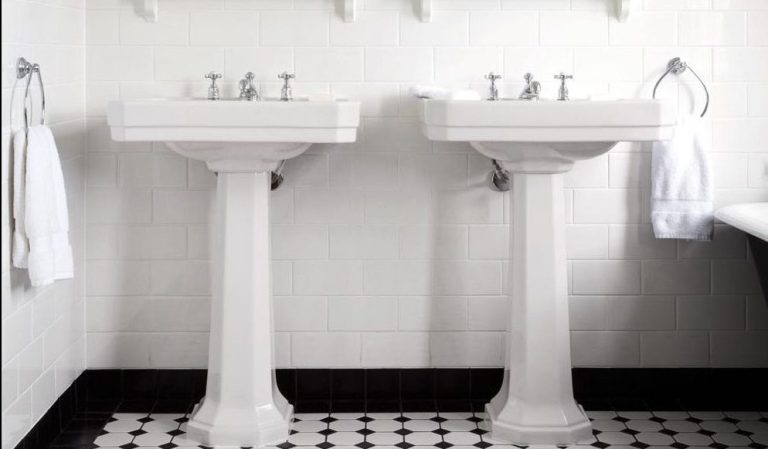This month we talk to Tom Reynolds – Chief Executive of the Bathroom Manufacturers Association – to understand the latest market research available to BMA members and what this means for bathroom brands.
The current coronavirus crisis has many parallels with the Spanish flu pandemic, suffered by around 500 million people, a hundred years ago. It resulted in tens of millions of deaths, and was followed by a wave of economic and cultural prosperity throughout the Western world. The Roaring 1920s, as it became known, was characterised by new technologies, an advertising boom and a surge in consumerism.
At BMA we work closely with a team of market researchers at Opinium, to get a greater understanding of what consumers want. We recently hosted a webinar for members, discussing how brands should position themselves, post-pandemic.
Research shows respondents were split on whether they want to return to life as it was, or they want a complete change to society. There are two competing narratives – pent-up demand will create a surge in spending, versus restraint prevailing and resulting in more conservative consumer patterns.
But one particularly strong theme running throughout the market segments, is a desire to support local neighbours, the wider community and the environment. This sense of solidarity and collectivism is translating into value-driven purchasing, and we in the KBB industry need to get our heads around this as we serve the post-pandemic market.
There is an opportunity to connect in a meaningful way on sustainability and climate issues, to help people make informed decisions about bathroom products and environmental impact.
We know the majority of people have no idea how much energy and water they use, but the climate crisis and the net zero challenge, will force more people to question their consumption. In the bathroom sector, the Unified Water Label is one answer. It enables people to make a positive impact by choosing products that deliver environmental and cost-saving benefits. It must be visible at the point of sale so consumers see clear and concise information about water, energy and carbon values.
At the BMA, there is a sense of like-mindedness in terms of our collective views on sustainability, and our collective efforts to transitioning to carbon neutral bathrooms. We must convey this to consumers to demonstrate the shared sense of values we hold.

